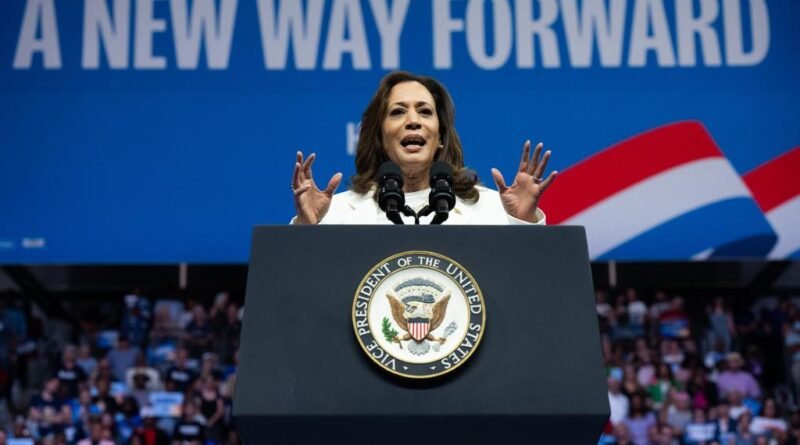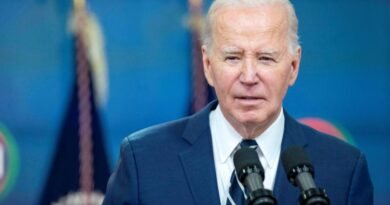Kamala’s Misstep in Swing States: Straying from the Script

Following five weeks of extensive media coverage resembling a luxurious hot stone massage in terms of rhetoric, Kamala Harris has finally emerged from the bubble that propelled her to remarkable fundraising success and competitive poll numbers alongside Donald Trump in crucial swing states.
However, once out of the bubble, reality hit hard.
Her candidacy in the past 40 days felt almost artificial, as though created by an Artificial Intelligence system.
Harris was restricted from addressing the press, as was her running mate, Tim Walz.
Every aspect was meticulously packaged, scripted, and standardized.
When they did speak, they relied heavily on a teleprompter.
But now they had to face questions from CNN’s Dana Bash.
Even with guiding questions and minimal follow-up from the anchor, the potential president and vice president stumbled and misrepresented themselves during the brief 18-minute pre-taped interview.
Particularly damaging was Harris’s performance in the key swing states.
Kamala Harris missed the mark…
In the core issues of three pivotal swing states, Kamala Harris demonstrated her disconnect during the interview:
ARIZONA
Primary concern: Immigration
A Redfield and Wilton Strategies poll revealed that 58% of Arizonans, regardless of party, believe the United States lacks control over its border — a daily reality for a border state.
Kam’s response: Harris evaded responsibility by focusing on addressing “Northern Central America” instead of providing solutions for the influx of migrants. She blamed the failure of a recent border bill and her lack of action despite being in office for over three years.
MICHIGAN
Primary concern: The auto industry
Only 20% of Michiganders support an electric vehicle mandate, the lowest among surveyed states.
Kam’s response: Harris emphasized her commitment to the Green New Deal and climate crisis without addressing the impact on gas vehicles.
PENNSYLVANIA
Primary concern: Energy and fracking
A vast majority of Pennsylvanians believe increased drilling would lower costs and enhance national security.
Kam’s response: Although Harris previously supported banning fracking, she distanced herself from that stance in the interview, causing confusion about her true positions.
Inconsistencies and contradictions
Harris’s responses showcased her flip-flopping on various issues, emphasizing her unchanged values despite evident policy shifts.
Her statements during the interview raised questions about her credibility and consistency.
For voters, understanding Harris’s positions in critical areas such as energy, healthcare, and immigration is crucial.
Furthermore, her past statements on controversial topics like fracking and the Green New Deal highlight the need for clarity in her policy agenda.
As the election draws closer, voters must consider Harris’s evolving stances and the implications for their states and the nation as a whole.
Unanswered questions and looming challenges
With limited opportunity for interviews and press conferences, Harris and Walz are unlikely to address pressing issues and concerns before the upcoming debate.
The upcoming debate against Trump will be a monumental test for Harris, requiring her to engage with critical policy issues at length without the aid of a teleprompter.
If Harris hopes to sway undecided voters and make a strong case for her candidacy, she must demonstrate a deep understanding of key issues and present coherent plans for addressing them.
As voters prepare to make their decision, they must scrutinize Harris’s performance and readiness to lead the nation in these challenging times.
Joe Concha is the author of “Progressively Worse: Why Today’s Democrats Ain’t Your Daddy’s Donkeys.”



